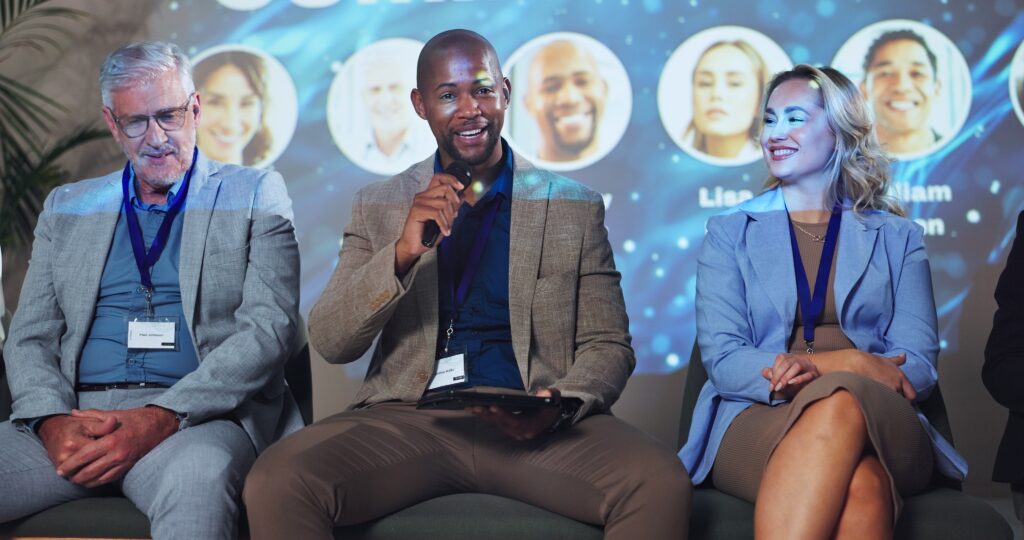Everyone deserves to feel welcome and included in the events they attend. Implementing key performance indicators (KPIs) into your event planning that focus on DEI targets (diversity, equity and inclusion) allows for an inclusive environment where all attendees feel valued and represented.
“To help events meet DEI targets, a diverse planning committee is vital from the beginning of your event planning journey. This should comprise employees from different departments, levels of hierarchy and backgrounds. This diversity will bring various perspectives and ideas to your event,” Reed & Mackay Senior Global Customer Success Manager – Events Mat Browne says.
“Extending DEI to incorporate belonging and accessibility transforms events into platforms where attendees feel welcome and have an equal opportunity to express their views,” Browne adds.
As the global corporate event market is forecast to reach US$21.43 billion by 2023, ensuring everyone feels welcome and included at events is essential. Browne shares five KPIs to implement that can help your events meet DEI targets.

1. Diverse speaker and panellist representation
A diverse range of speakers and panellists enables a range of perspectives and ideas to be shared while fostering inclusive and engaging discussions. When the speakers reflect the diversity of the audience, attendees are more likely to feel represented and valued.
“Aim to have at least 50% of the speakers and panellists at the event come from a wide variety of groups to ensure discussions and presentations reflect various experiences and backgrounds,” Browne says.
2. Attendee demographics
A diverse audience also enriches discussions and creates a welcoming environment where all participants feel valued. Measuring the demographic breakdown of your attendees allows organisers to identify whether the event is attracting a diverse audience.
Setting a target, such as 30% representation from diverse groups, allows event organisers to assess if their audience reflects the broader population. Tracking this information enables organisers to identify gaps in their event planning and adjust strategies to improve inclusivity for future events.

3. Event accessibility
Your event venue must be accessible to all attendees. Accessibility features such as wheelchair access, sign language interpretation and induction loops for attendees with hearing aids remove barriers and allow everyone to engage equally.
“To ensure your proposed venue is suitable, communicate with attendees before the event. Ask if they have any special requirements. For example, confirm any dietary requirements to ensure all catered food is suitable,” Browne says.
“Not all demands are visual, so it’s important to work with attendees to ensure you’re taking every step to make the event valuable and accessible for everyone.”
4. DEI-specific sessions and content
DEI-specific sessions and content raise awareness and dialogue around diversity and inclusion. They create a welcoming environment where participants feel empowered and valued. Allocating 15-20% of the agenda to DEI-focused workshops allows organisers to track progress towards inclusivity.
“While it’s important to have DEI-focused panel sessions, it’s equally important to ensure all event materials use inclusive imagery and language. By incorporating these into event materials, you create messaging that resonates with a broader audience, fostering a sense of belonging and reinforcing your commitment to inclusivity,” Browne adds.
5. Satisfaction with DEI efforts
Post-event surveys offer valuable insights into attendees’ experiences. These should be shared with all participants to gather feedback on accessibility and inclusivity. Analysing the feedback enables organisers to evaluate the event’s DEI success and identify areas for improvement. The feedback not only helps measure current efforts but lays the foundations for improvements. This ensures future events create an inclusive and welcoming environment for all.
Get in touch
Mail [email protected] to discuss all your corporate travel and event management needs.




